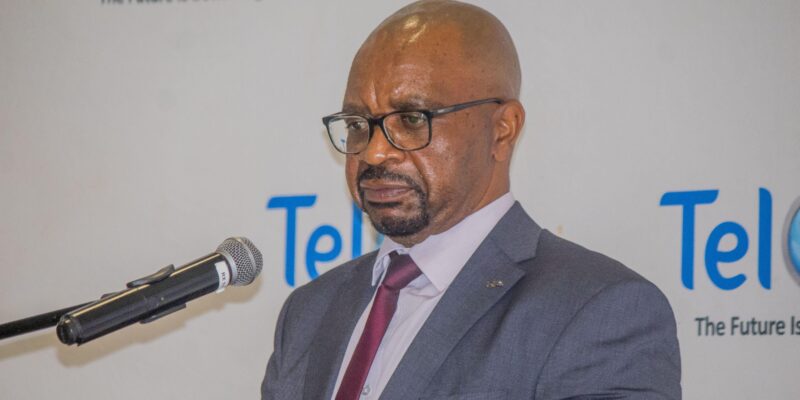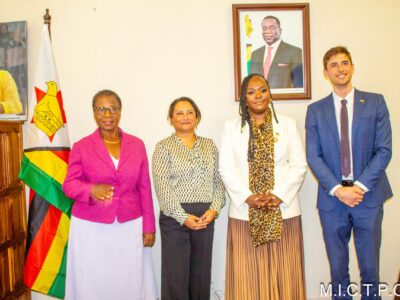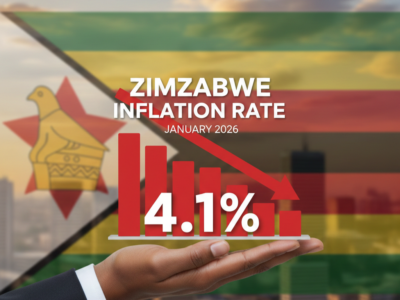TelOne, Zimbabwe’s state-owned telecommunications company, is facing severe financial strain due to a massive debt owed by the government, its largest shareholder and customer. The company’s Chief Executive Officer, Engineer Lawrence Nkala, revealed that the government owes TelOne a staggering ZIG517 million (approximately USD $19 million), a debt that is severely hindering the company’s ability to sustain operations, pay staff, and invest in growth.
Speaking at the recent annual general meeting, Eng. Nkala expressed frustration over the government’s failure to settle its obligations, despite being a major consumer of TelOne’s services.
By Gamuchirai Mapako
“We are happy that they are consuming our service because it means the service is good but we really need government to pay us for us to sustain our businesses, be able to pay staff,” Nkala said.
“That money can do a lot to transform this organisation”
The debt has placed TelOne in a precarious financial position, making it difficult to meet operational costs, including staff salaries. Nkala highlighted that labour unions are frequently demanding better remuneration, but the company struggles to meet these demands due to the unpaid government bills and several other factors.
The Zimbabwean government’s failure to pay its debts is not unique to TelOne. Several state-owned enterprises (SOEs), including NetOne and ZESA, are also grappling with unpaid bills from government ministries.
In response, the Treasury added that they are working with the World Bank to conduct a comprehensive audit of all government and SOE arrears. With the goal being to assess the full extent of the debt and develop a structured repayment plan.
“We are working together with the World Bank so that all the ministries and SOEs will submit their stock of arrears,” said Zimbabwe’s Treasurer, Ms. Hamadziripi.
She added that the numbers were quite big and could not be paid all at once but plans were underway.
To improve efficiency, the government is shifting from the old payment model where the Ministry of Finance and Zimbabwe Revenue Authority (ZIMRA) handled transactions to a direct payment system. Under the new arrangement, government ministries will receive their budgets directly and then pay their suppliers, rather than relying on treasury to disburse funds.
“Instead of the old system the ministry of finance had with ZIMRA, now they will pay directly to the ministries and they will pay their suppliers, instead of the treasury paying directly to suppliers,” explained Ms. Hamadziripi.
TelOne CEO noted that the arrangement was convenient for them and it being stopped put the at a disadvantage.
The USD $19 million debt is more than just a financial headache for TelOne, it is a major obstacle to the company’s expansion and modernisation plans.
The TelOne debt crisis is a litmus test for Zimbabwe’s commitment to reforming its public sector. If the government fails to address these arrears, more SOEs could face big predicaments given they are operating in an already unstable economy.
As Eng. Nkala put it: “We need this money to survive.”















Comments